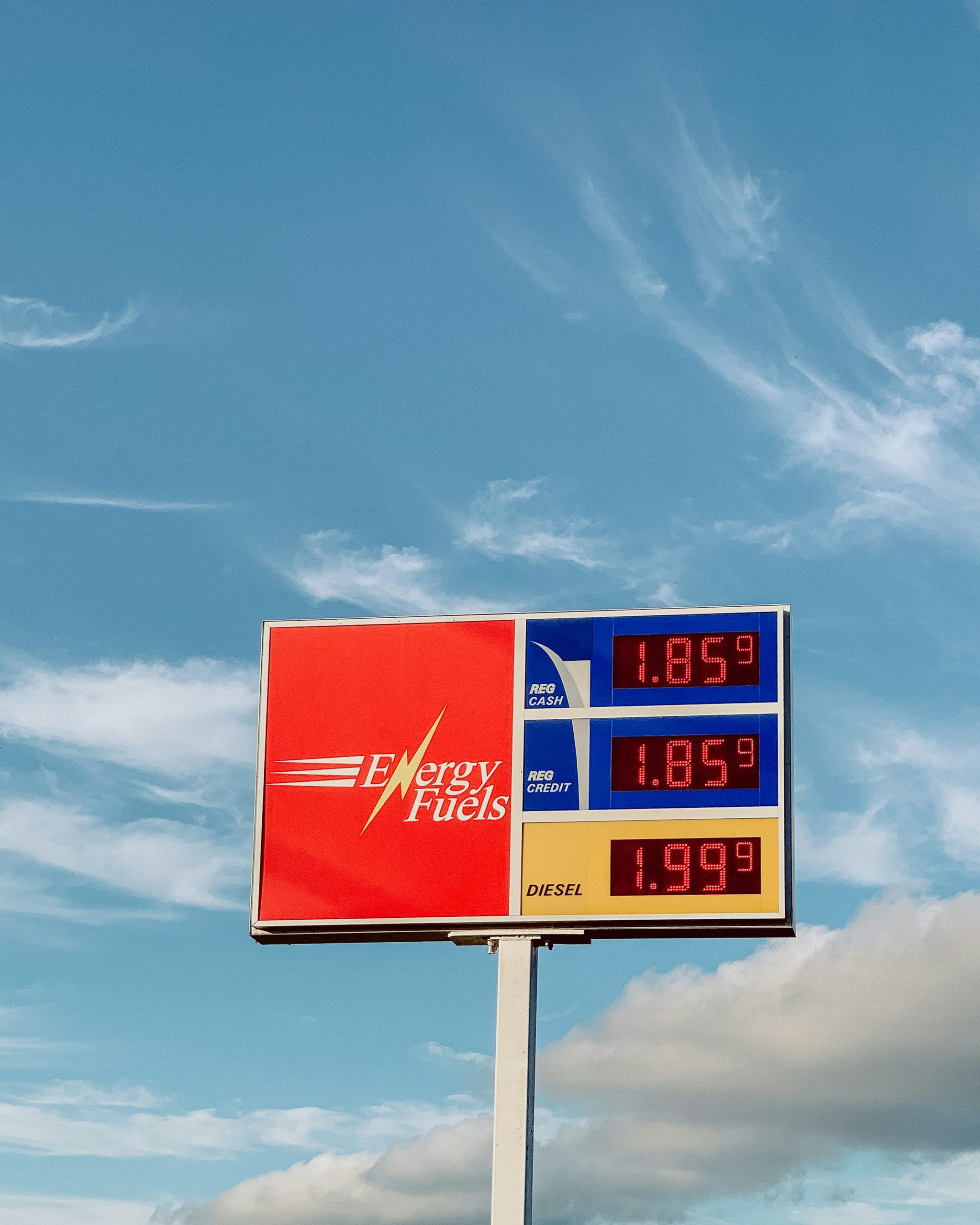CLIMATE
Short Cut ReLive: Climate Policy through Price Shocks? – Prospects and Alternatives
In this Short Cut, Nina Scheer, Nils aus dem Moore, Thomas Fricke and Isabella Wedl discussed findings from the new Forum study on lessons from the Inflation Reduction Act and implications for European climate policy.
BY
GERRIT TER HORSTPUBLISHED
29. APRIL 2025
The new federal government wants to continue to significantly raise the cost of climate-damaging behavior. Yet already in 2027, a shock looms when the expansion of emissions trading to include transport and buildings is expected to cause a drastic rise in prices for fuel and heating. Can such a shock really be cushioned in a socially fair way? Are higher carbon prices at all effective in promoting climate-friendly behavior? Or would an alternative be to rely on positive incentives, as the former U.S. administration did with the Inflation Reduction Act?
In light of the publication of our Forum study „A positive approach to climate policy: What are preliminary lessons learnt from the US Inflation Reduction Act?“, we discussed all of this in our New Economy Short Cut: Climate Policy through Price Shocks? – Prospects and Alternatives with Isabella Wedl and Thomas Fricke, Forum New Economy, Nils aus dem Moore, Hertie School of Governance and Christ & Company, Nina Scheer, SPD Spokesperson for climate protection and energy policy in the Bundestag on April 30, 2025.
In order to create a sound basis for discussion, Isabella Wedl presented the key findings of the paper at the beginning of the short cut. The study compares two political approaches to climate policy: on the one hand, CO₂ pricing – organized in Europe via the Emissions Trading System (ETS) – as a “punitive” mechanism, and on the other hand, an approach that relies on positive incentives and government investment. The US government’s Inflation Reduction Act (IRA) under President Biden serves as an illustrative example.
Wedl explained the disadvantages of a carbon pricing system: it does not promote innovation sufficiently, places a disproportionate burden on low-income households and meets with little social acceptance – especially when real price increases become noticeable. In contrast, an incentive-oriented system is more innovative, triggers structural changes in the area of public infrastructure and is less conflict-ridden overall.
Wedl used the IRA to illustrate specific effects: Between the periods 2020-2022 and 2022-2024, private investments activated by tax credits increased by 70%. This corresponds to a volume of almost 500 billion US dollars. According to models, the IRA could reduce greenhouse gas emissions in the USA by around 40 %.
Nils aus dem Moore (Hertie School of Governance and Christ & Company), who responded to the study, agreed with the basic tenor – in particular the call for a smart policy mix. However, he was critical of the stark contrast between the two policy approaches. He pointed out that there is also a system of investment incentives in Europe: If you add up all the programs of the EU and its member states, their financial volume is even greater than that of the IRA. However, these measures are being held back by slow and inefficient processes. What is needed is not more funding, but better structures. He prefers CO₂ pricing as an incentive mechanism – among other things because it does not have to be renegotiated annually and is therefore more stable and reliable.
Nina Scheer (climate and energy policy spokesperson for the SPD parliamentary group) disagreed with this assessment: she believes it is questionable that carbon pricing is more stable per se. The ETS is also regularly at the center of political disputes; targets are postponed and regulations are adjusted. It is much more problematic that climate protection and emissions trading are now perceived as synonyms – which makes other instruments such as the EEG invisible in terms of their impact. In her view, social compensation measures for the ETS are urgently needed in order to avoid shock effects. The expansion of renewables must not be slowed down under any circumstances – on the contrary: the systemic conversion must be driven forward in parallel, for example through the expansion of storage capacities and the conversion of feed-in systems.
Thomas Fricke emphasized that it is known from innovation research that initial investments in new technologies must be very high in order to achieve market maturity – an aspect that pure CO₂ pricing cannot achieve. Instead, sectors that can be transferred to such a system must be specifically identified.
Nils aus dem Moore added the example of Canada, where the government had recently partially suspended the carbon tax – an indication of the social controversy surrounding such instruments, even if sectoral emission reductions were already visible.
Nina Scheer concluded by pointing out that an emissions trading system that only works on paper is not enough. It must also be sustainable when it reaches critical points. Nevertheless, she spoke out clearly in favor of the continued existence of the ETS – an end to emissions trading would be tantamount to an end to climate protection. She ended her speech on an optimistic note: people are much more adaptable than is often assumed. After all, they are constantly changing themselves and their environment – usually without major upheaval.
